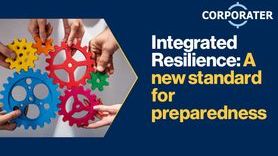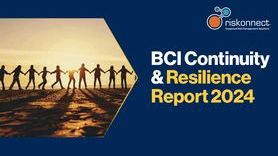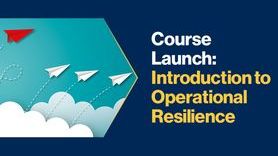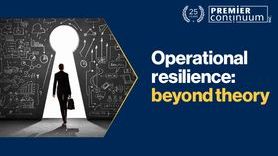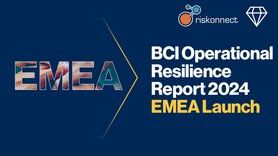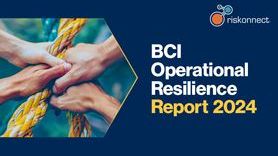World Mental Health Day: How Mental Wellbeing Initiatives Build a Resilient Workforce
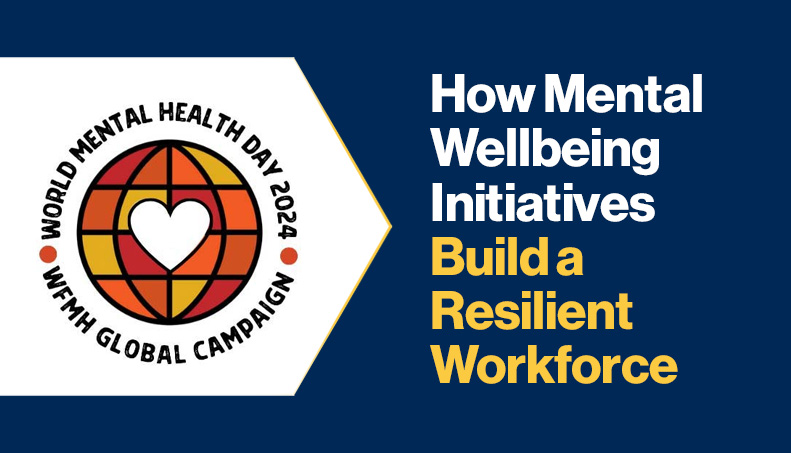
October 10 is World Mental Health Day 2024 and this year’s official theme is ‘It is Time to Prioritize Mental Health in the Workplace’. This theme aims to highlight the importance of addressing mental health and wellbeing in the workplace in order to benefit staff, organizations, and communities.
The World Federation for Mental Health launched the first World Mental Health Day in 1992 and it has gradually gained momentum since, not least in the world of resilience where wellbeing is a growing topic of interest.
BCI research[1] has highlighted a considerable increase in sickness absence due to health incidents such as stress, depression, and anxiety, and over a third of organizations have noted a negative impact on staff’s morale, wellbeing and mental health as a consequence of disruption. Mirroring the rise of the impacts of mental health is research from the World Health Organization (WHO) which estimates 12 billion working days are lost globally each year as a result of depression and anxiety, costing US$ 1 trillion per year in lost productivity.[2]
Poor mental health and well-being creates risks that expose organizations to disruption, lowering an organization’s resilience and its capability to respond to crises. Because of this, more practitioners are recognising it as an organizational risk and taking steps to mitigate the causes and outcomes.
What can practitioners do?
The WHO suggests employers implement organizational interventions to directly target working conditions, including providing flexible working arrangements or implementing violence and harassment at work frameworks. Other recommendations include manager training for mental health, that includes recognising and responding to employee emotional distress, and training for workers that reduces the stigma of mental health conditions at work[3]. Practitioners can work with HR departments to ensure such proactive steps are taken to enhance the resilience of their workforce.
Practitioners can also address specific resilience issues. For example, BCI research[4] highlighted only 19.5% of organizations strongly believed their crisis management teams had enough back-up to minimise the possibility of burnout. To mitigate this risk, practitioners should ensure organization-wide training and exercising to ensure there are sufficient human resources to effectively manage a crisis.
Business continuity practitioners can also strengthen their personal resilience. Alongside taking time to relax, and managing stress, building a growth mindset[5] can enhance mental wellbeing. By using failures as learning experiences, embracing challenges, and responding constructively to feedback, practitioners can build a resilient attitude and outlook that helps boost mental health.
World Mental Health Day marks an opportunity for organizations and individuals to consider mental wellbeing and, for those who feel mental health is not well provisioned, it provides an opportunity to raise the subject with top management.
Ultimately, an organization that integrates awareness of mental health and wellbeing, and takes steps to address it, evolves into a resilient organization that’s better able to deliver business as usual.
[1] BCI Horizon Scan Report 2023 | BCI (thebci.org)
[3] IBID






